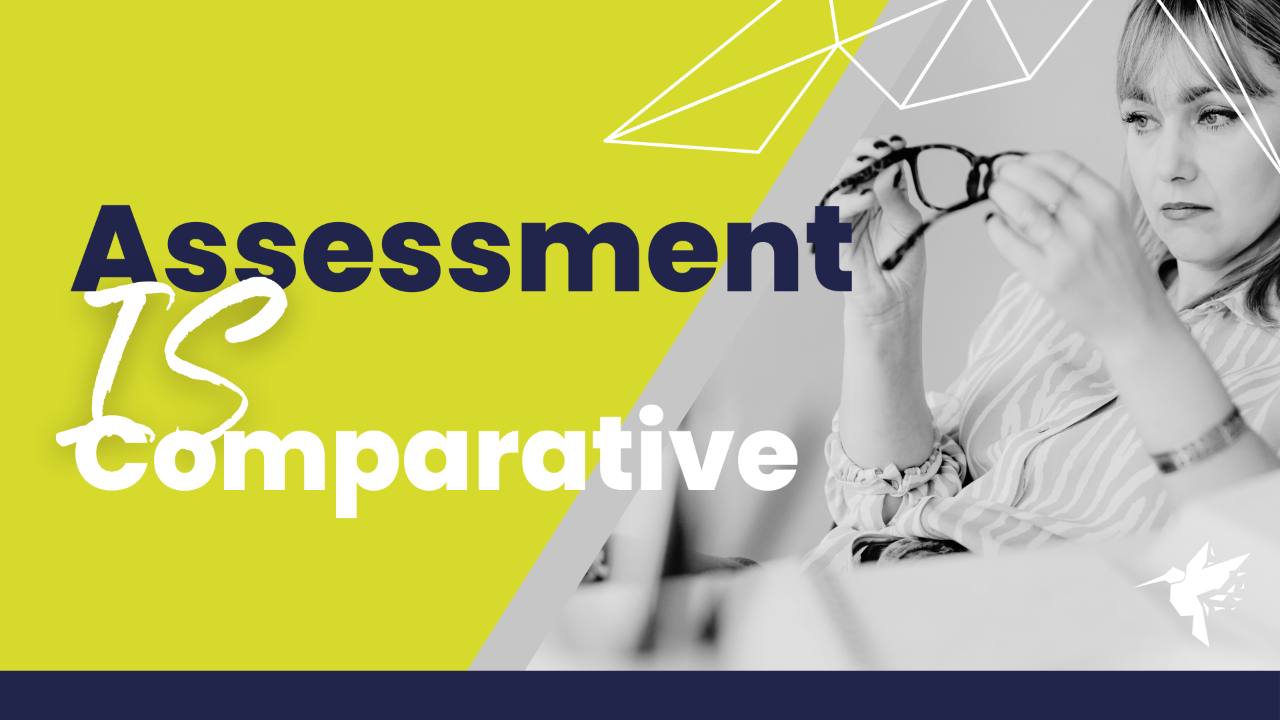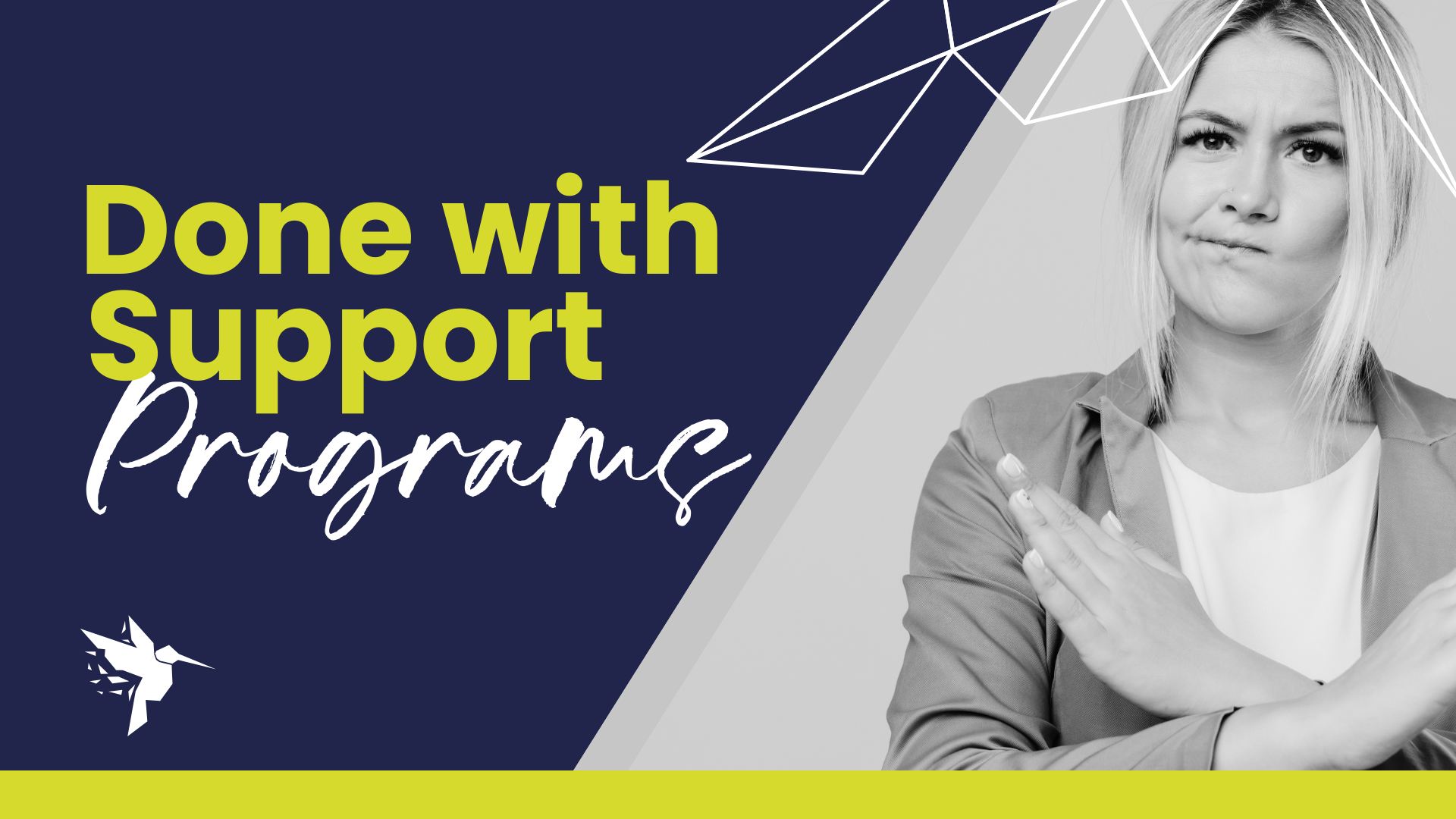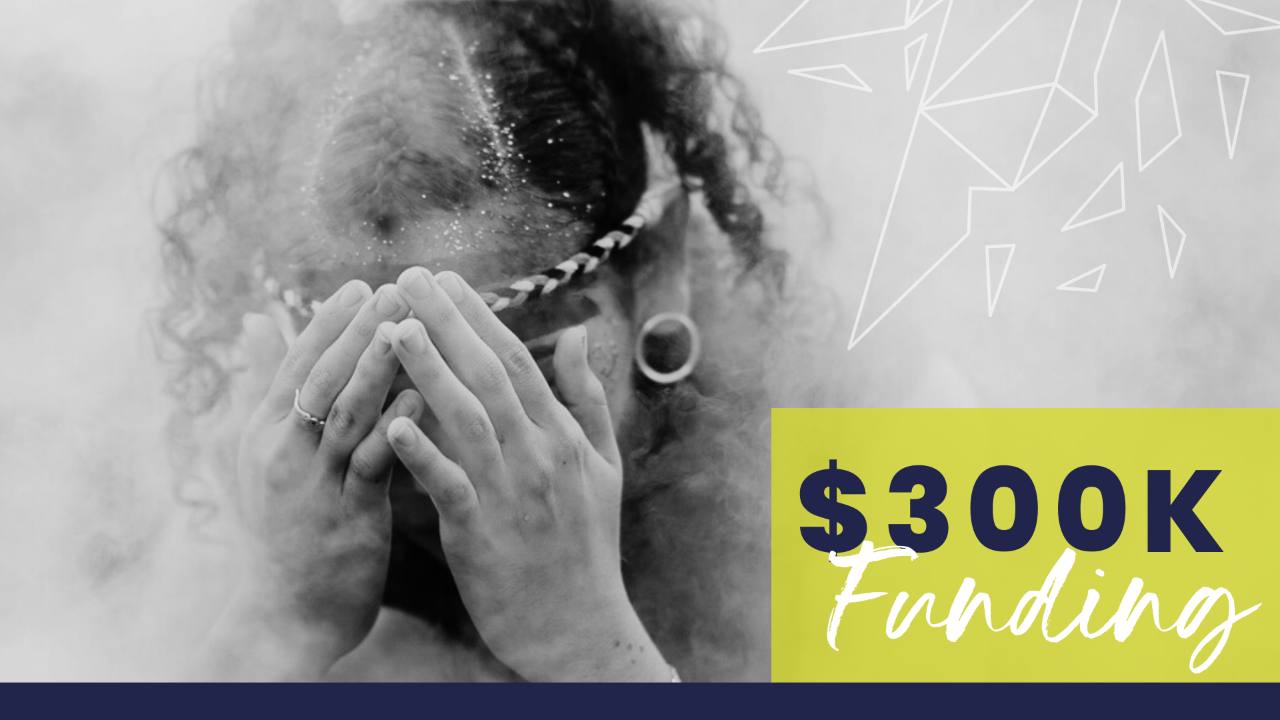One Brain
One Brain to Rule Them All?
What Mo Gawdat’s Vision of AI Means for Founders
A provocative idea ...
What if humanity shared one AI brain — not millions of disconnected systems, but a single intelligence built with a defined purpose?
That’s the thought Mo Gawdat explored in his recent Diary of a CEO conversation with Steven Bartlett. The former Google X executive argued that artificial intelligence isn’t humanity’s biggest threat — misdirected intelligence is. The danger lies not in AI becoming smarter than us, but in us giving it no moral compass.
As founders building businesses in a world increasingly run by algorithms, that question hits close to home: What happens when machines start making value-based decisions about funding, hiring, or opportunity — and who defines those values?
Why this matters now
Every part of the entrepreneurial ecosystem is being rewritten by AI.
Grant assessors use it to filter eligibility. Investors use it to scan thousands of pitch decks. Government programs are piloting AI-powered scoring to fast-track high-potential ventures. It’s efficient, yes — but efficiency without intention creates blind spots.
When Gawdat says we should design one global AI brain with an agreed purpose, he’s not fantasising about sci-fi. He’s pointing to a real gap: AI today is fragmented. Each model optimises for a different outcome — clicks, profit, speed — but almost none optimise for equity, empathy, or social good.
That’s the opportunity and the risk founders now face. The same tools that promise scale can also replicate systemic bias if left unchallenged.
What a purpose-defined AI could look like
Imagine if every funding algorithm in the world was trained not just on historical data, but on the outcomes we actually want: inclusion, diversity, resilience, sustainability.
Instead of asking “Who’s most profitable?”, the system could ask “Who creates the most positive change per dollar?”
Instead of rewarding volume, it could reward long-term impact.
This isn’t idealism — it’s design. Purpose-driven AI isn’t about controlling intelligence; it’s about defining its objective before it scales beyond our reach. As Gawdat put it, “If AI becomes our collective brain, we’d better agree on what it’s thinking about.”
Founders are already shaping the system
Whether we realise it or not, we’re training the global AI every day. Every dataset uploaded, every prompt written, every funding model we build contributes to its collective logic.
If founders build ethically from the ground up — transparent data, inclusive design, equitable decision-making — we help steer the trajectory. If we don’t, the defaults of bias and exclusion become embedded at scale.
That’s why this conversation belongs to us, not just to engineers or policymakers. Founders sit at the intersection of innovation and responsibility. We create the products, communities, and datasets that shape how AI learns about humanity.
The questions every founder should be asking
Before you integrate or rely on AI in your business, ask:
-
What’s this model optimising for? If the answer is “efficiency,” ask “for whom?”
-
Who was represented in the data — and who wasn’t?
-
If this tool made a decision I disagreed with, could I trace why?
-
Does my company’s AI use reflect the impact I want to have?
These aren’t compliance questions; they’re leadership questions. Because when AI starts automating opportunity, the founders who’ve built ethical, explainable systems will be the ones funders and customers trust most.
A bigger reflection
Listening to Mo Gawdat, I kept thinking about how similar this challenge is to what we face in funding reform. The problem isn’t a lack of intelligence; it’s a lack of alignment. Money — like AI — amplifies whatever system it’s built within. If that system is inequitable, the output will be too.
What if founders led the shift? What if we designed our ventures, our funding models, and our data tools with an explicit social objective baked in — not as an afterthought, but as the core logic?
That’s how we turn “one brain to rule them all” from a warning into a blueprint.
Where this goes next
The conversation about AI’s moral direction can’t stay in tech podcasts. It belongs in boardrooms, accelerators, and grant programs. It’s the new literacy founders need — not just how to use AI, but how to guide it.
We don’t need one AI brain for the world. We need millions of ethically-aligned ones working together — each startup, each community, each founder contributing its part of the global conscience.
If AI really does become humanity’s shared brain, then founders are the neurons — shaping, connecting, deciding what gets fired into action.
Final thought
The future of business isn’t human versus AI — it’s human with AI, directed by purpose.
So as you build, fund, or scale your next big idea, ask yourself: If your company trained the world’s AI for one minute, what would you want it to learn?
→ Watch Mo Gawdat’s full interview on Diary of a CEO and join our upcoming Funding Futures roundtable on ethical AI design.




Responses